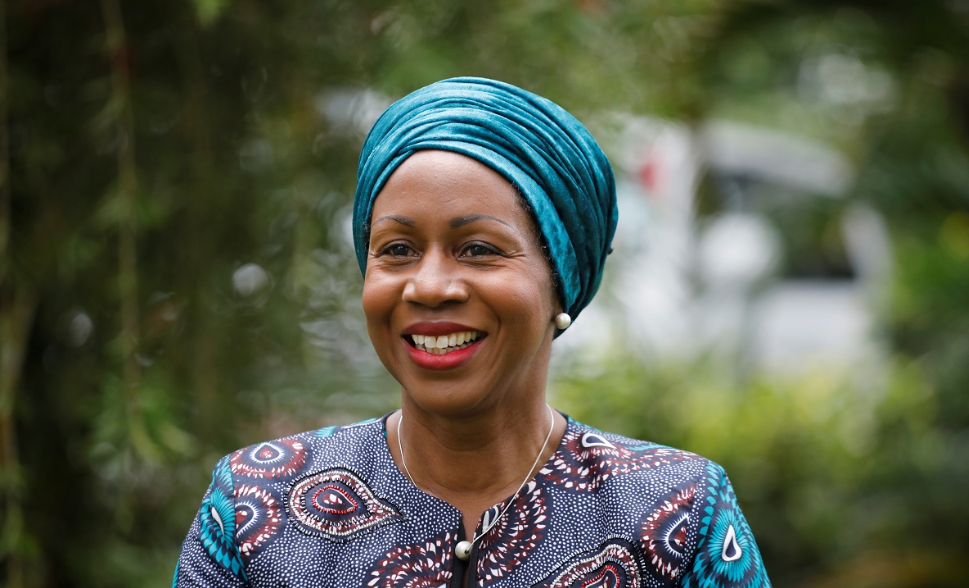
The United Nations welcomes the approval of humanitarian aid entry through Chad and South Sudan
moatinoon
Clementine Nkweta-Salami, the United Nations Resident Coordinator for Humanitarian Affairs in Sudan, expressed her appreciation in a tweet on the "X" platform, stating, "During a discussion at the Sudanese Ministry of Foreign Affairs, I was informed of the governments approval for the entry of aid across the borders from Chad to Darfur and from South Sudan through El Renk and Kosti in the White Nile State, as well as through the airports of El Fasher, Kadugli, and Al-Abiad."
She added, "This is a welcomed step that will help the United Nations and its partners reach people in desperate need. It also responds to the Jeddah Platforms announcement. We will continue to advocate for finding more sustainable humanitarian access routes to all vulnerable communities."
This reversal comes two days after the Acting Foreign Minister, Ali Al-Sadiq, rejected the entry of humanitarian aid through the Chadian borders, drawing criticism from several local organizations. The organization "Emergency Lawyers" warned that using humanitarian aid as a weapon is a crime under international humanitarian law and international criminal law.
In todays statement, the Sudanese Ministry of Foreign Affairs announced the governments approval for using the Tine border crossing from Chad to El Fasher for the entry of humanitarian aid and from the Republic of South Sudan through river and road transport from El Renk to Kosti. The statement also mentioned approval for the use of the airports in El Fasher, Kadugli, and Al-Abiad in case of obstacles in land transportation. Additionally, the use of the Port Sudan, Atbara, Melut, El Fasher, and from the Arab Republic of Egypt via the Red Sea to Port Sudan and Wadi Halfa was approved.
Earlier, Jan Egeland, the Secretary-General of the Norwegian Refugee Council, warned after visiting camps in Chad in mid-February, where more than half a million Sudanese refugees now reside, saying, "We face a serious risk of a catastrophic famine that could last for years."
Volunteers in Khartoum had announced yesterday that nearly a quarter of a million families were at risk of famine after they were forced to close hundreds of free communal kitchens, known as "Takayas," due to the interruption of communications and the internet in Khartoum. The volunteers rely on these means for receiving donations and coordinating efforts across different parts of the capital to bring and prepare food.

